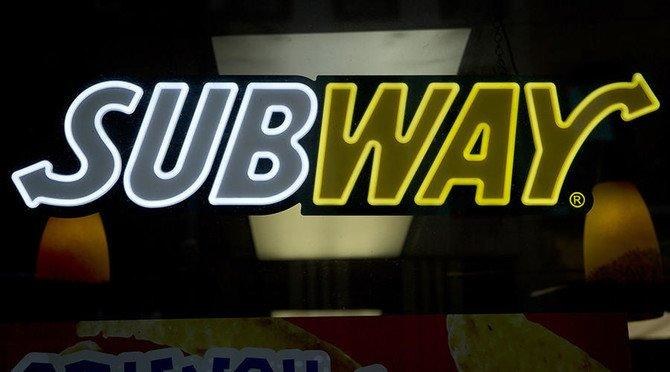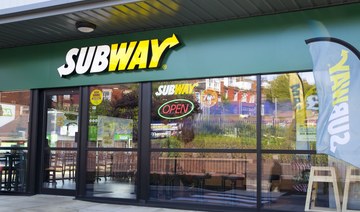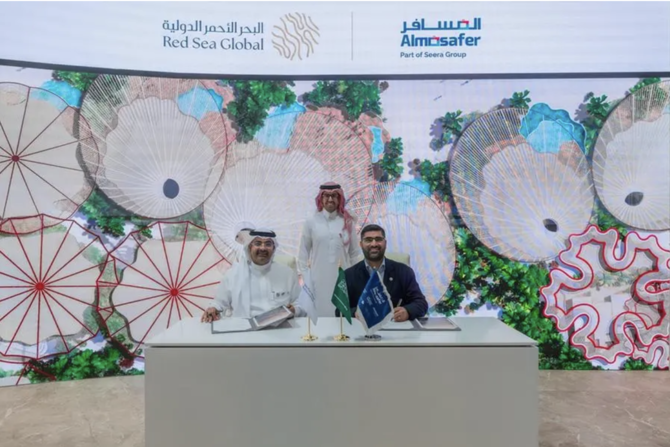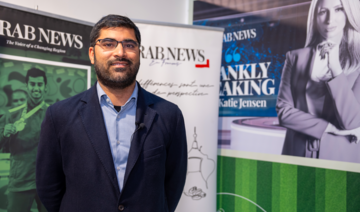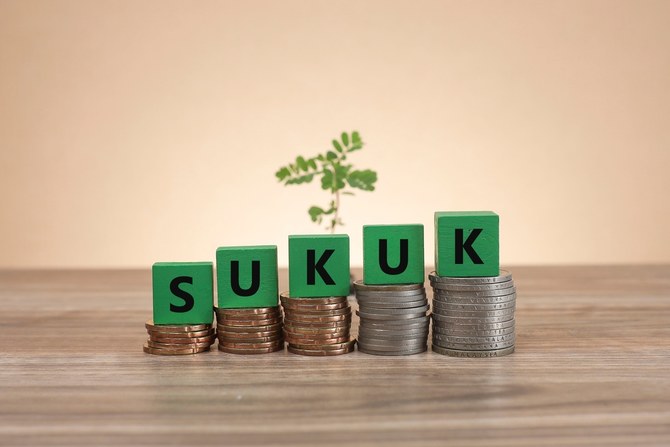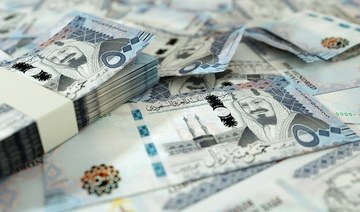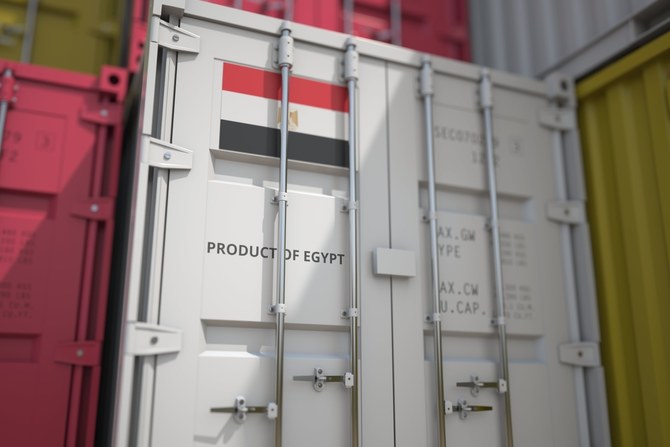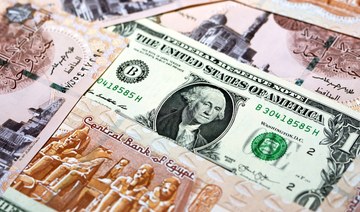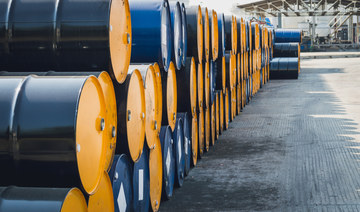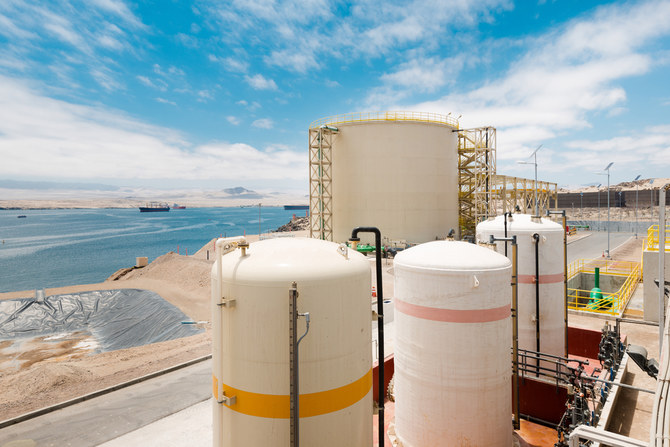DUBAI: Kamal Osman Jamjoom Group, (KOJ), the Saudi group that last week announced a major expansion in the UAE via a master franchise deal with US fast-food group Subway, could follow that move with a big initiative in food and beverage in Saudi Arabia.
Hisham Al Amoudi, KOJ group chief executive, told Arab News: “We have an ambitious plan to acquire markets and brands in Saudi Arabia,” without identifying which brands. The move could take place next year, he said.
He cannot disclose the financial cost of the UAE expansion, but concedes it will be a “multi-million dirham initiative” to transform the stores with new training and uniforms for the staff, in addition to the stores’ facelift.
“Over the next 12 months, you will see a big difference,” he said.
Demographic synergy
Subway is run by a different franchise group in the Kingdom, but the attractions and synergies of fast F&B are apparent to KOJ, which operates big global outlets like Lego and Body Shop in addition to its own self-grown brands.
“The synergy lies in the demographic, the locations and the business model,” Al Amoudi said.
Each hour around the world, some 750,000 sandwiches or salads are sold by the ubiquitous Subway outlets, giving the brand fair claim to be the biggest restaurant chain globally.
The deal announced in the UAE will see a big increase in the number of outlets in the Emirates, as well as a major facelift for the chain.
“It is a huge opportunity going forward,” Al Amoudi said. “Subway is making bold and impressive changes to continue to grow its presence in markets around the world,” he added.
There are currently around 145 Subway stores in the UAE, but over the next few years that number will roughly double, and there will be a big change in the look and feel of the US-owned franchise under a refurbishment plan titled “Fresh Forward.”
Modern, minimalist
“The restaurants will look more neat and tidy, more modern, more minimalist, trying to avoid clutter and noise. They will have a new logo and color palette, and — above all — there will be a new emphasis on the taste of the food and the indulgence of the customer,” Al Amoudi said.
The Subway concept was born as a single sandwich store in Connecticut, USA, in the 1960s. Now, there are more than 40,000 stores in over 100 countries. Most are still in America, where it has more outlets than McDonalds and Starbucks combined.
It has formed partnerships with leading global franchise operators, like KOJ, to expand internationally.
“It is a global brand promising guests and customers consistent good experiences, and KOJ subscribed to that. We promise one voice, one message, one operating standard and one great experience,” Al Amoudi said.
Al Amoudi estimates that the total F&B business in the Emirates is worth some 62 billion dirhams, of which half comes from fast food, with the sandwich category accounting for 40 percent of that.
Known in the trade as the QSR model — quick service restaurants — Subway has a flexibility that allows it to adopt multiple store identities. The stores can range in size from 20 to 100 square meters, and can be located in malls, cinemas, high streets — “even inside embassies”, he said.
Subway is also big in the delivery space, which has been given a big boost during the lockdowns and social distancing of the COVID-19 pandemic.
Born in Jeddah
The UAE expansion could be a game-changer for KOJ, which has been operating since 1987 with offices in its Jeddah birthplace, as well as Dubai and Riyadh. In addition to Subway in the UAE, KOJ is one of the biggest franchise operators in Saudi Arabia, where most of its total 675 stores are located.
Al Amoudi sees big synergies between its existing brands and Subway.
In addition to Lego, Body Shop and Early Learning Center, KOJ also has its own unique brands, like the lingerie chain Nayomi, the biggest in the Middle East, as well as the Mikyajy chain of cosmetic stores.
In Saudi Arabia and elsewhere in the region, it also operates the Mihyar stores that cater to Gulf men with a range of traditional Arab clothing and accessories.
“We have been looking to diversify the group’s business activities, and F&B is a complementary activity. It targets the same profile. We serve the middle classes, we are not a mass or premium business, and Subway also serves the middle market,” Al Amoudi said.



